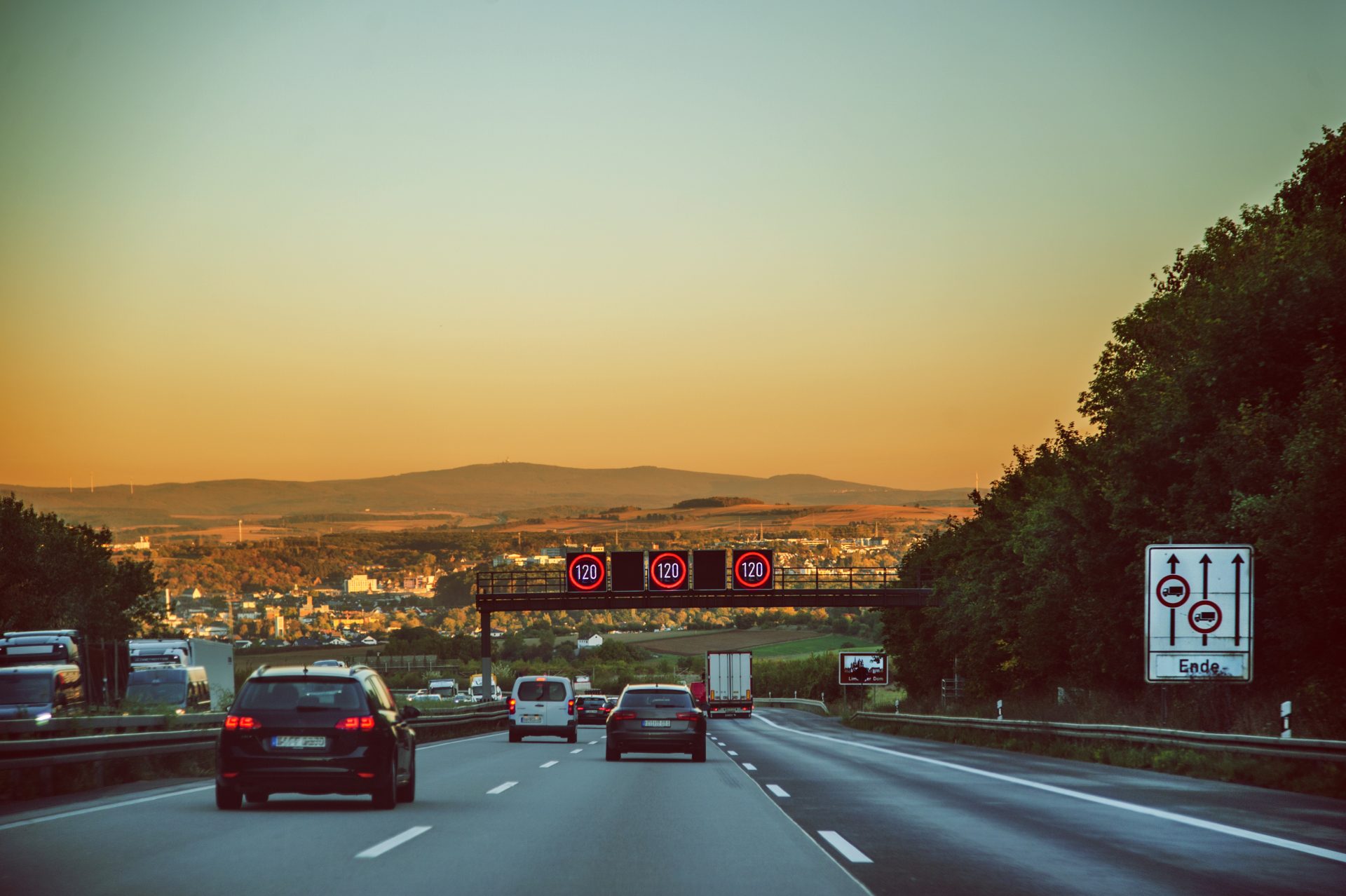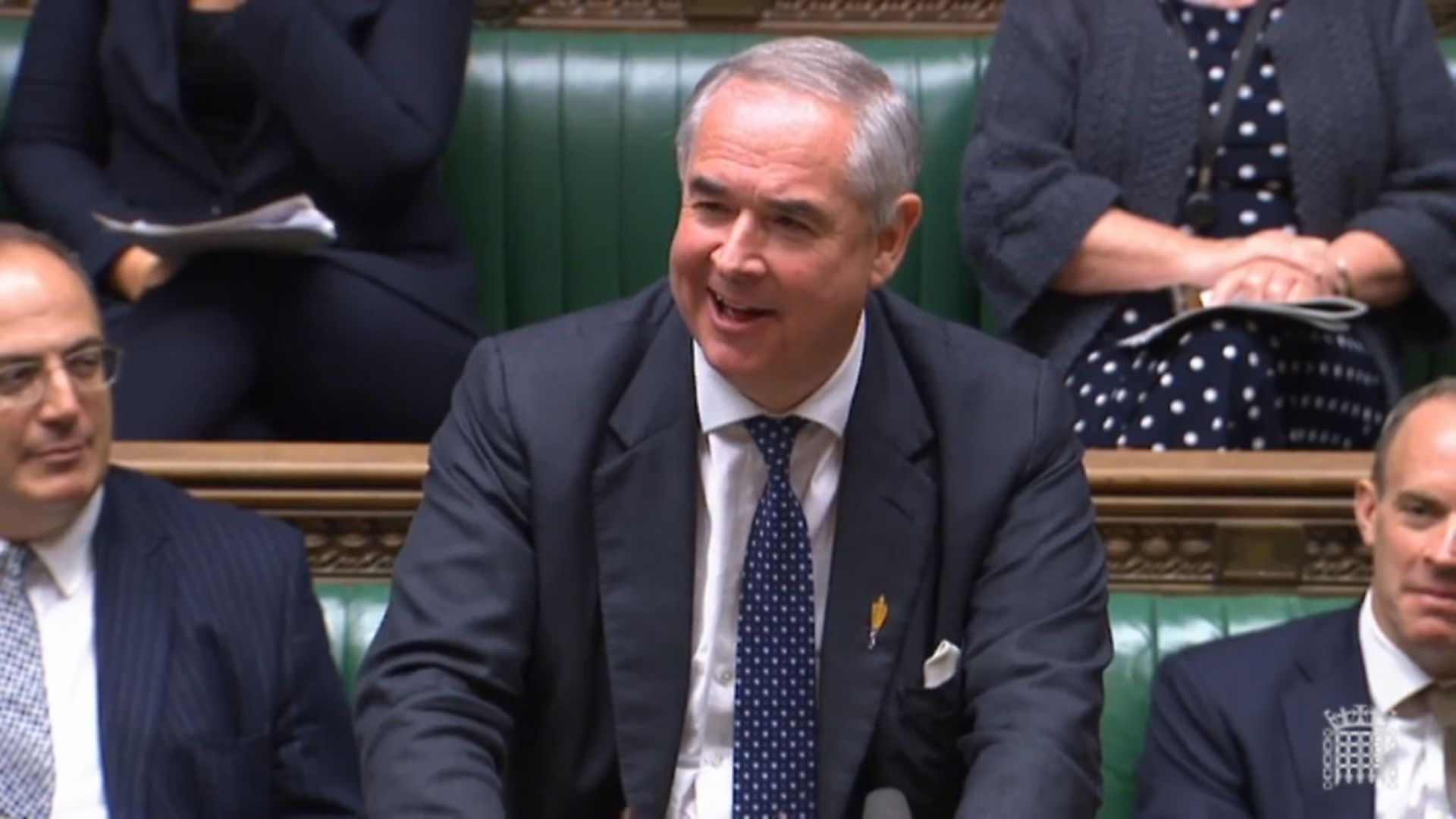I’ve recently given up my car. Truth be told it wasn’t mine, it was a company car, so when I left the company I also left a beautiful metallic dark blue BMW X3.
And I don’t miss it a bit.
The reason I’d give if I wanted to score low on the GDR (Greta Disapproval Rating, nicked that from Alastair Campbell’s diary) is that car-sharing in Berlin is a real alternative (and saves me the money formerly spent on parking violation tickets).
The real reason will earn me a GDR high score: my X3 model, built after the diesel-scandal, had a speed curb. And they hadn’t warned me! You can imagine my shock (actually you can’t, because you’re British) on its first outing when at 180kmh (112mph) it managed to go with the flow but had lost its pull and, only with difficulty, got up to 221 km/h (137 mph).
Without going full Jeremy Clarkson here let me just give you the car-builder nation’s context: the integrated speed limit meant I had to make way for whichever specimen of fine Mercedes, Audi, VW, Porsche, BMW I could see speeding up towards me in the rear mirror. As if this wasn’t punishment enough the appalled look on my partner’s face said “How could you possibly have come up with such a (insert abusive language here) car?”
For a short time in October – after the general election – it looked like these troubles would be a thing of the past as both Social Democrats and particularly the Green party had vigorously campaigned for a general speed limit of 130 km/h (80mph). However, both have to form a coalition with the Liberals who – quite seriously – consider a “Tempolimit” to be a wrongful deprivation of personal liberty.
For reasons unknown so far, the Greens have given in. This means the following fictional-yet-factual dialogue gives you the gist of this quasi-religious German debate.
Greta-fan: “We need a Tempolimit.” Petrolhead: “We already have one.” GF: “Not in general. More than 70% of the autobahn are without a speed limit.”
Petrolhead thinks: Thank God, and answers: “Yes, but due to roadworks and congestion the average speed on motorways is 117kmh (72mph). So why the fuss?” GF:“ For safety reasons! Like all other Western countries.” P: “And yet more people die there. In Germany we have 1.6 motorway deaths per billion kilometres compared with 1.9-3.8 in France, Italy, the US. On German Bundesstraßen (A-roads) – which are all speed regulated – it’s 5.3 people who die by that measure. In fact, the Autobahnen is the safest road in Germany!
The death toll has gone down from 20,000 in 1970 to only 300 today.” GF: “Only 300? Every death is one too many! Not to mention the 4000 severely injured on our motorways each year.” P: “No statistic tells us that’s because of speeding or because lorry drivers fall asleep at the wheel or whatever.”
GF: “What about climate change then? Traffic is the third biggest source of carbon emission, 160 million tons yearly, figures rising. Our climate protection law states we must cut it by half until 2030. A speed limit…” P: “… would save below 1% of current emissions. And only in theory. Speed isn’t the problem. Traffic jams are a far bigger pollutant. So we need more motorways. And should sanction the lazybones plugging up the middle lane, not moving over to the right lane.” GF: “All polls say the majority are in favour of a Tempolimit.” P: “Not the polls that ask people who actually drive a lot. By the way: with electric cars and e-fuels coming, a speed limit makes even less sense.”
To be continued for years to come… In this Great German Speed-Off the country is divided, emotionally and rationally. Millions of German men, for instance, would feel lost because without speeding there’d be no need to wash off a plethora of squashed insects from windscreens on Saturday mornings. I also have a hunch that some of those calling for a Tempolimit just hate reckless light-flashing tailgaters (I do, too). Or envy people in faster cars (we call it German neidkultur).
My hope is to find a smart way of reconciling great car engineering, road safety and the climate without forcing me to go at a snail’s pace on beautifully empty lanes of Autobahn. When Konrad Adenauer, then-mayor of Cologne, inaugurated the first German motorway in 1932 (it wasn’t Hitler, he just claimed the glory), he decided against a Tempolimit. Because these by now globally renowned objects of German mythology are phenomenally well-crafted, you only truly value the 20,000 miles of autobahn construction when bumping along US or, forgive me, English motorways. I wouldn’t dare go full speed there (but I may be unjust, I haven’t tried all 2,300 miles of yours yet. Just a few mogul slopes).
The reason why driving in the UK is more fun than here, however, is your complete lack of road rage. Is it genetic? Or do your cars not have horns? No one seems to honk. You’re so relaxed behind the wheel. And that may be the single reason a speed limit could eventually grow on me.




